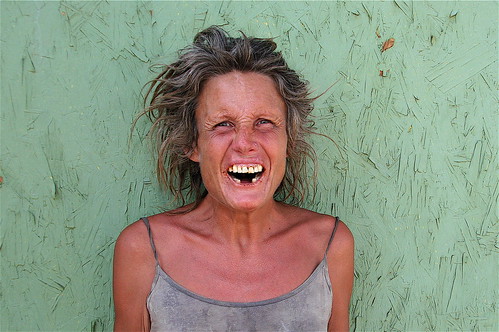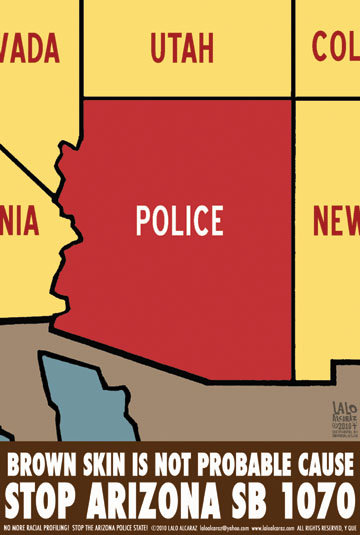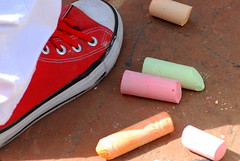Just from the brief description provided, it looks like Cheng does a pretty sophisticated analysis of the topic. What I find most interesting are her plans to explore how national boundaries/borders are erected and what structures (including racism) reinforce them.
So, if I can get ASU to let me back for the fall, I'm going to try to enroll myself - I only need one more upper level Justice Studies class to graduate.
For those of you lucky enough to do so, sign up soon - I think classes are less than three weeks away now.
---------------------------------
JUS 394*: Race, Space and the Production of Inequality (LN 75829)
Tue/Thurs 3:00 – 4:15 pm
Instructor: Prof. Wendy Cheng
This course is an introduction to critical scholarship on race and space in the United States.
We will (re)consider definitions of race and racism, and how the intertwining of race and differential access to space has shaped patterns of power and inequality
throughout the history of the U.S.
We pay special attention to the making and maintenance of national boundaries;
regional histories; spatial typologies within metropolitan areas; and the differential racialization of Asian Americans, Latinas/os, African Americans, and Native Americans.
Readings and discussion are organized in part around key spatial typologies
such as border, ghetto, suburb, and prison.
*
JUS 394*: Race, Space and the Production of Inequality (LN 75829)
Tue/Thurs 3:00 – 4:15 pm
Instructor: Prof. Wendy Cheng
This course is an introduction to critical scholarship on race and space in the United States.
We will (re)consider definitions of race and racism, and how the intertwining of race and differential access to space has shaped patterns of power and inequality
throughout the history of the U.S.
We pay special attention to the making and maintenance of national boundaries;
regional histories; spatial typologies within metropolitan areas; and the differential racialization of Asian Americans, Latinas/os, African Americans, and Native Americans.
Readings and discussion are organized in part around key spatial typologies
such as border, ghetto, suburb, and prison.
*
*Combined with AFS 394 (87032) , TCL 394 (87009) , APA 394 (86937)























No comments:
Post a Comment